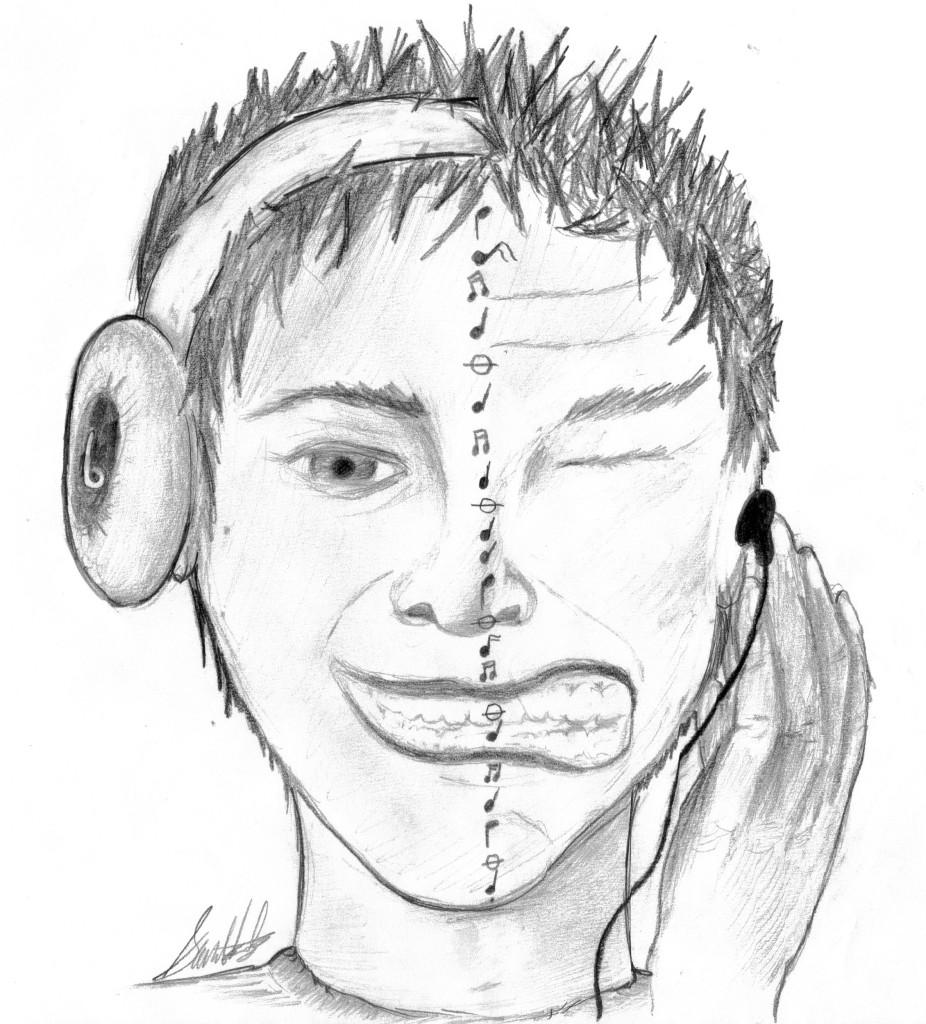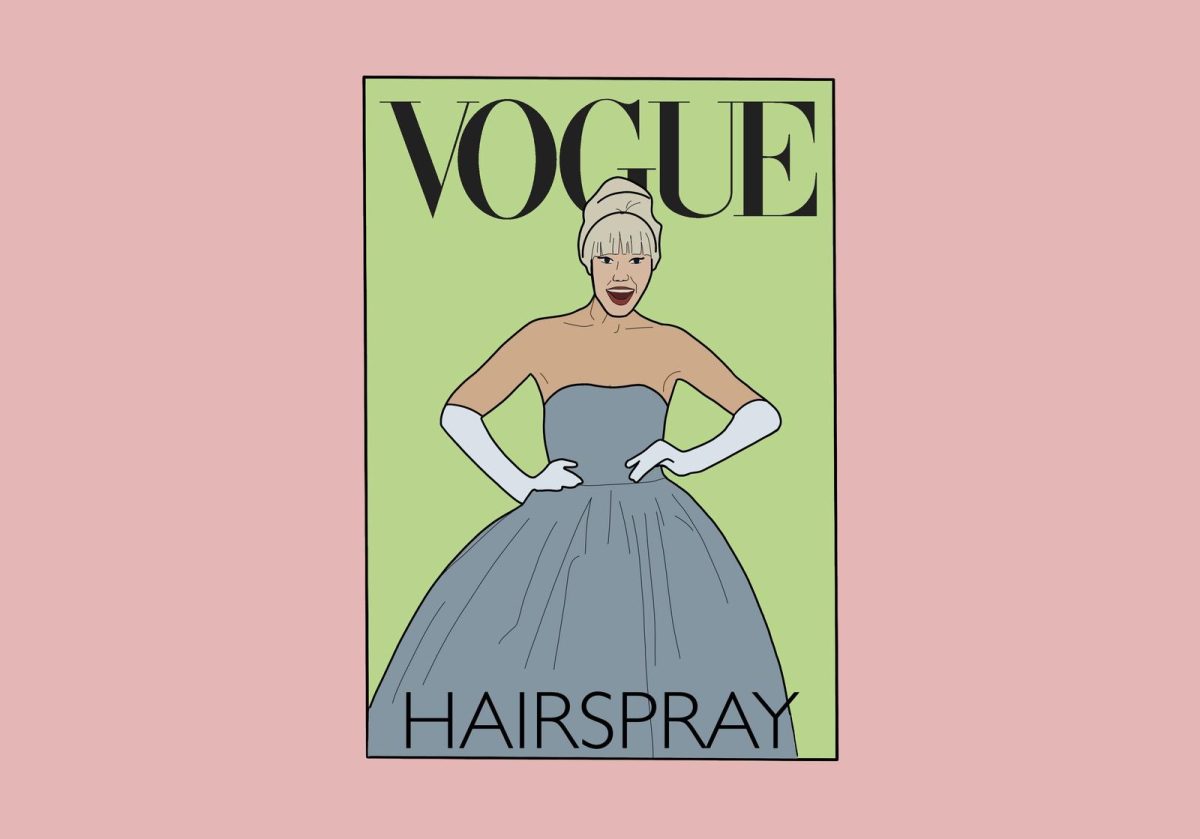Listen to music safely
Art by Samantha Stein (16)/ For Eastside.
Listening to music with headphones is healthier than using earbuds.
October 15, 2013
How loudly do you play your music? Whether you know it or not, that could be the deciding factor of your auditory health. While the psychological effects of listening to music are generally positive, as music is an outlet for many people, negative consequences can also sprout from listening to your beloved melodies. According to a 2006 study by the American Speech-Language-Hearing Association, among users of portable music devices, up to 59 percent of teenagers reported that they listen to music at loud volumes. With more and more people owning devices like iPods, this statistic has likely risen since 2006.
But, how loud is too loud? Many devices, such as Apple products, have settings where maximum volumes can be set to prevent music from being too loud. Most people, however, are unaware of useful settings like these.
Why do people play their music too loudly? One reason is that many people use earbuds, which do not cancel out much background noise, so they listen at higher volumes. Headphones are the healthier choice, because they block out outside noise, helping to keep the volume down.
How do earbuds and headphones affect one’s ears? Sound travels through the ears, vibrating the eardrum and is transported to the brain where it is interpreted as music, words, or other various sounds. Loud sounds or prolonged exposure to sound can destroy the hair cells in one’s ear which transport sound and protect the structures of the inner ear. Once these hair cells are dead, they cannot regrow. Since they cannot be replaced, permanent hearing loss can occur.
In most areas of media, teenagers are portrayed as big lovers of music-usually loud music. The teenage years are often labeled as very stressful years, and music is a way to deal with that stress.
“It’s a stress reliever, definitely,” says Sandra Bruno (’17). “When you can relate to a song it helps you go through a certain time or situation.”
Music is excellent for both psychological and developmental brain growth. It is known to soothe us and relieve stress, and has been proven in some cases to help us learn better. Music is an essential part of child brain development.
But it can also be distracting. There are many reports of people who have been hit by cars because they were paying more attention to their music than to their surroundings. It can also distract from social development, as listening to music alone can take the place of social interactions.
So the question remains: what should be done to listen to music in a way that maximizes its health benefits and minimizes its potential negative effects? The answer is simple: moderation. Music is good, unquestionably. However, just like anything that is good, there are limits. Play music out loud, share it. Listen to the radio with friends instead of being bunched up with earbuds in the corner. When you need to listen to music alone, try to use headphones, which are known to be safer than earbuds.
The next time you find yourself in the ‘green zones,’ the jam-packed hallways, or on the bus pulling out your phone or iPod to listen to music, contemplate a healthier option. Protect your ears. Listen to music safely.







